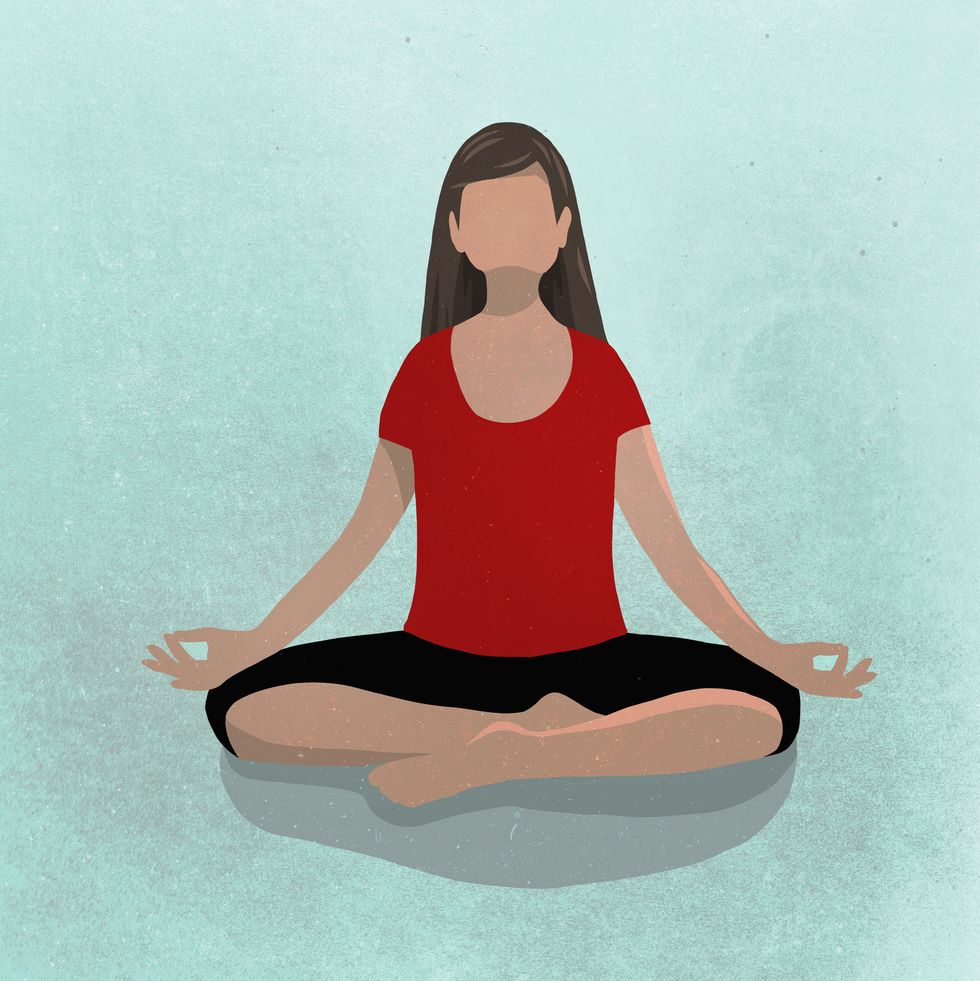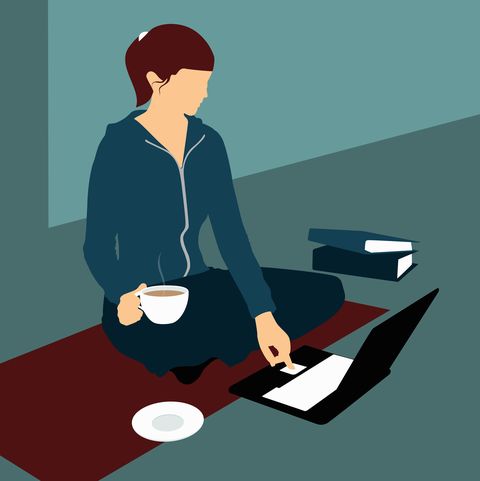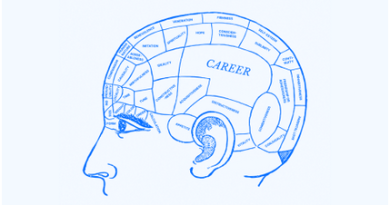Self-isolating? How to maintain relationships at home, and understanding the difference between loneliness and aloneness
‘When cooped up at home, relationships can become strained and stifling.’
In the UK and around the world, social distancing and self-isolation measures have been implemented to help protect our physical health during the current public health crisis. With travel restrictions, advice to avoid public gatherings and work from home, more people are staying indoors.
Whilst it’s important to safeguard our physical wellbeing, we must also take care of our minds. This week, Headspace launched a free, specially-curated ‘Weathering the storm’ collection of meditation and mindfulness content, to help users globally navigate change, stay calm and release stress during this tough time.
One of the key changes that have come about in the coronavirus outbreak is the increased social distancing and isolation encouraged to combat the spread of the disease. Many people live with loved ones or housemates, and when cooped up at home, relationships can become strained and stifling, and we can find ourselves beginning to resent the company of others.
On the other hand, whether you are surrounded by others, self-isolating from the rest of the household, or living alone, feelings of loneliness can also be very natural when we socialize less. However, by shifting our perspective of what it means to be alone, and what loneliness is, we can learn to be at ease with these feelings.
Here are some tips on how to maintain relationships with loved ones and housemates during this period of social distancing and isolation, and how you can also reframe feelings of loneliness.
Tip 1: Be more aware of feelings of impatience
Staying at home all day, every day, for work and leisure during a time of social distancing can bring issues to relationships with those around us. Whether you live with family or friends, you can easily lose patience with others and become snappy and aggravated. The close quarters of a house can feel overwhelming and small actions can be made into a bigger deal.
We are not always aware of our impatience or able to label the emotion clearly. Through meditation, we can gain more clarity and begin to identify these feelings. The more we meditate, the less we resist these feelings, and learn to understand the emotions instead. Through being aware of and accepting our feelings of impatience, we can let them go.
Tip 2: Learn to be less reactive
If disagreements, miscommunication, or misunderstandings occur whilst you are all at home together, meditation can help you learn how to become less reactive and irritable, allowing you to navigate these challenging times more effectively.
Developing a regular meditation practice can help you let go of tension from any arguments that occur with those you live with.
Tip 3: Foster compassion with those around you
It’s important to keep communication open with those you live with so that you can care for one another, be kind, and avoid hostility.
Remember that you are in the same boat, and whatever you‘re feeling, the people around you are probably feeling those emotions too. These uncertain times can be overwhelming for all of us. By being compassionate and empathetic to others, we can maintain and nurture these relationships.
One way of fostering compassion for others is being more aware of your thoughts and actions. Kindness is an innate quality of the mind and is something we can access within us. Sometimes this reserve of kindness can be obscured – especially in this time of active mental chatter, with our fears, worries, and frustrations over our physical health affects our mind, and turning into an outlet of anger towards others.
Focus on your breath at regular intervals throughout the day to bring attention back to the body and mind. By concentrating on your breath and being aware of your mind, you are training it to be kinder and more compassionate.
Practicing self-compassion during this time is also important. Be honest about how you’re truly feeling. No matter where you’re working, it’s important to make time periodically throughout the day to step away from your desk or daily tasks and take a break.
Tip 4: Understand that being alone and feeling alone are very different
Many people live alone or are self-isolating in the current climate, which can lead to feeling disconnected from others. Some of us live with many people but still find ourselves feeling alone.
It is commonly believed that loneliness is a direct result of being on our own. While that can be an important contributing factor, this is usually a misconception. We can be on our own and not feel lonely but then be surrounded by others, and yet still feel the same – or similar – emotions.
It’s important to note the difference between being alone and feeling alone. If we can accept that loneliness exists in the mind, and is not dependent on us being physically alone, then our perception of loneliness can be reframed in our mind.
The first step to working with our minds constructively is to let go of external blame. It is not others imposing loneliness on us, it is our own perception and experience.
If we can learn to notice and shift our perspective on loneliness, we can feel less isolated and overwhelmed. Whilst loneliness can have adverse consequences on your mental and physical health, aloneness can help us cultivate presence, self-reflection and even creativity. Make the most of this time alone and use it for your own mental benefit and wellbeing.
Source:https://www.housebeautiful.com/uk/lifestyle/a31857629/coronavirus-isolation-home-family-relationships-mindfulness/?utm_medium=10todayuk.20200409&utm_source=email&utm_content=article&utm_campaign=10todayuk







